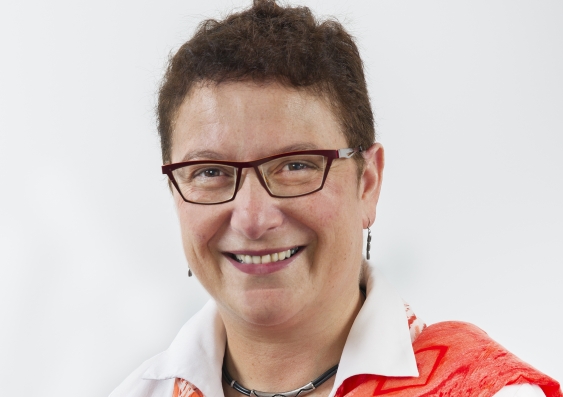UNSW tops the state in medical research grants
UNSW researchers have received close to $18 million in NHMRC funding, the top result in NSW and second best nationally.
UNSW researchers have received close to $18 million in NHMRC funding, the top result in NSW and second best nationally.

UNSW has performed strongly in the latest round of funding from the National Health and Medical Research Council (NHMRC), winning 12 grants worth more than $17.7 million.
The result puts UNSW at the top of the state in terms of funding awarded and second in the country for the highly sought-after grants.
The funding has been announced today by the Federal Health Minister Sussan Ley.
The largest program grant, $7 million, has been awarded to a team that is developing new approaches to diagnose and treat cancers that currently have poor outcomes.
The cancers being targeted are an aggressive type of childhood leukaemia and neuroblastoma, which is the most common form of cancer in infancy. Patients with the most common form of lung cancer could also benefit.
“We are striving to develop effective and less toxic cancer therapies, which can still target the tumour cells, but spare the normal healthy cells,” says Chief Investigator, UNSW Professor Maria Kavallaris, the co-director of the Australian Centre for NanoMedicine and Program Head at the Children’s Cancer Institute.
“Not only will this be better for patients undergoing treatment, it will also potentially minimise the damage conventional chemotherapy has on patients, such as fertility, cardiac and endocrine problems,” says Professor Kavallaris.
A program grant of $6.78 million has been awarded to a team researching strategies for early detection and interventions to slow the development of mild neurocognitive disorder and dementia.
“This program will focus on early detection of dementia, identification of novel risk factors, and development of new treatments to help the burden of dementia in our community,” says Chief Investigator, UNSW Professor Perminder Sachdev, from the Centre for Healthy Brain Ageing (CHeBA).
“A prevention trial for post-stroke dementia is planned, and the investigators will examine if low voltage brain stimulation can enhance the effect of cognitive training on memory,” says Professor Sachdev.
Associate Professor Craig McLachlan, from UNSW’s Rural Clinical School, has been awarded $870,000 to further develop a cardiac assist device for people with early stage chronic heart failure. The technology will be tested in human patients and could transform the lives of patients with both hypertension and heart failure.
UNSW Professor Gary Housley has been awarded $767,000 to support a clinical trial in partnership with Cochlear Ltd., Macquarie, Melbourne and Sydney Universities. The trial will use gene therapy to regrow auditory nerves in the ear via cochlear implants.
UNSW Professor Ric Day has been awarded $661,000 to trial an eHealth tool to improve outcomes for patients with gout. The two-year randomised controlled trial with GPs will test whether the approach is effective in encouraging gout patients to continue with their treatment and medication.
UNSW’s Dr Lindsay Wu has been awarded $559,714 to develop new treatments to counter the effects of chemotherapy. While chemotherapy is an indispensable tool in the treatment of cancer, it may also trigger side effects akin to those experienced in the ageing process such as cardiovascular disease, infertility and inflammatory diseases.
Click here for a full list of UNSW's 12 successful Program Grants, Development Grants Partnership Projects and Postgraduate Scholarships.